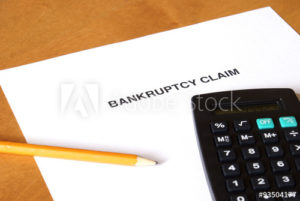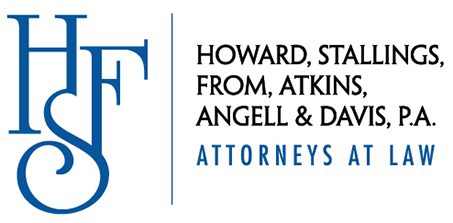Methods for Protecting Your Claims from Discharge

Methods for Protecting Your Claims from Discharge: Exceptions to Dischargeability
By Nicholas C. Brown
When an individual files a bankruptcy case, creditors without collateral will often throw up their hands in defeat. To be sure, the bankruptcy discharge is a powerful tool that entitles debtors to a fresh financial start. However, certain types of debt are not subject to discharge if the creditor takes steps to protect its claim. This article highlights some of the common exceptions to discharge, when a creditor’s claim is deemed nondischargeable.
• Debts Obtained Through False Pretenses
Bankruptcy is not designed to benefit debtors who make false representations to creditors. If a lender or vendor extends credit in reliance on the borrower’s representations, and those representations were false, the creditor may be entitled to a nondischargeable claim in the borrower’s bankruptcy case. A common example occurs when a borrower intentionally falsifies a financial statement in order to obtain a loan or enter into an agreement. Investors who give money to a debtor in reliance on his false statements may also protect their claims from discharge.
• Domestic Support Obligations
A bankruptcy filing does not eliminate debts for alimony, child support, and similar support obligations to former spouses and children. There is an exception for property settlement claims.
• Willful and Malicious Injury
Those who suffer an injury to their person or property as a result of a debtor’s malicious conduct are entitled to a nondischargeable claim. In order for a claim to qualify under this exception to discharge, the debtor must have acted both wrongfully and deliberately under circumstances where injury was likely to result. Examples of willful and malicious acts include assault, battery, intentional infliction of emotional distress, alienation of affection, and malpractice.
• Fraudulent Acts of a Fiduciary
A debtor who is a trustee or other fiduciary cannot escape claims he incurs fraudulently in such capacity. Trustees and other fiduciaries are often entrusted with money and property. If a trustee or fiduciary uses that property for his own purposes and without authorization, the resulting claim may be nondischargeable.
• Conclusion
Although most debts in an individual’s bankruptcy case are subject to discharge, bankruptcy law protects creditors who are victims of fraud, malice, and intentional injury. In most cases, a creditor must file a complaint in the bankruptcy case in order to protect their claim from discharge.
If you have questions about whether your claim is nondischargeable, please feel free to contact us at [email protected] or 919-821-7700.

